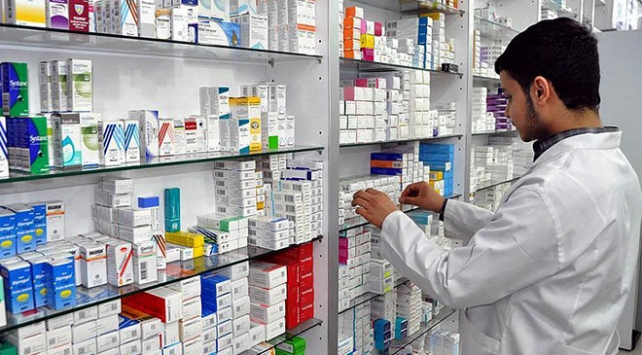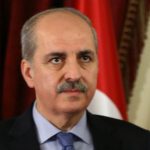ISTANBUL (Reuters) – The shelf of heart disease drugs in Hulya Akpinar’s Istanbul pharmacy is almost bare, and patients seeking medicine for blood pressure and diabetes leave empty-handed.
For months Akpinar says she, and pharmacists across the city, have faced a shortage of critical stocks caused by a government decision to keep the prices it pays pharmaceutical firms for medicines artificially low.
“We have been calling the pharma warehouses several times a day to ask if they can deliver these drugs, but we can’t find them,” she told Reuters in her pharmacy in the central Istanbul district of Sisli.
Medicine shortages are a regular problem in Turkey at the start of each year, when the government sets the exchange rate for all drug purchases. The state’s Social Security Institution buys 90 percent of the drugs on the market, worth around 30 billion lira ($5.75 billion).
Just over half of medicines in Turkey are imported and most of the locally manufactured drugs use imported raw materials, making the exchange rate a crucial factor in cost.
This year, following the sharp depreciation of the Turkish lira, shortages have been even more acute. The exchange rate for pharmaceuticals in 2018 was 2.69 lira to the euro – barely half the current market rate.
This year the government, which is trying to cap spending, is expected to raise the rate by just 15 percent. Pharmaceutical companies are asking for a minimum of 35 percent.
Nezih Barut, head of the Pharmaceutical Manufacturers Association of Turkey (IEIS), said drugmakers could not operate properly if the government proposal is approved.
“In such a situation, drugs would be nowhere to be found because as drug companies, we are at a point where we are having a lot of difficulty even with raw materials supplies,” he said.
DRUGS SHORTAGES
Reuters spoke to 10 pharmacies around Istanbul this week. Nine said they did not have common medicines for high blood pressure or influenza. One pharmacy said it had only one pack.
Turkish Pharmacists’ Association (TEB) head Erdogan Colak said 150 types of medicine were unavailable in the market in January, and Akpinar said drugs for cardiovascular diseases, high blood pressure and diabetes were particularly hard to find.
“These drugs are essential,” Akpinar said. “Our clients come in and ask for them but they are nowhere to be found from medical suppliers. We call our other pharmacist friends to find them.”
Last week Health Minister Fahrettin Koca appeared to blame the pharmaceutical industry for the shortages, saying his ministry had determined that 42 producers, 20 warehousemen and 32 pharmacists were hoarding drugs to sell after the price hike.
But on Tuesday the health ministry gave authorization for 41 drugs to be sold at prices higher than those set by the fixed exchange rate. “As of this week, the supply problem of 41 drugs will end,” Koca said.
Cancer, flu medicines and antibiotics were among medicines that would be affected by the price liberalization, Koca said.
Pharmacists and their patients are impatient for change. “We have been having this problem for three to four months,” said Engin Erdogan, at another pharmacy in Sisli. “I do not have anything left in my eye drop shelf and I cannot replace them.”
Source: Reuters



